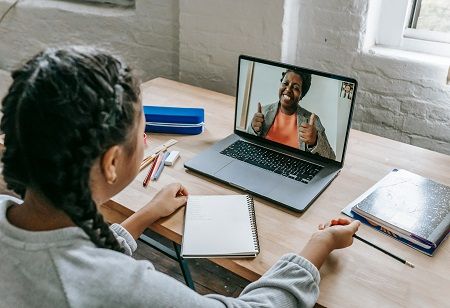India Pharma Outlook Team | Monday, 18 March 2024

Understanding the pressing need to engage all healthcare providers to protect kids' well-being amid the difficulties of ecological contamination and environmental change, the World Health Organization (WHO) and the United Nations Children’s Fund (UNICEF) have teamed up to make another free online course.
In a time when pollution and environmental change are progressively endangering youngsters' well-being, improvement and future, this course expects healthcare providers with fundamental information and assets to really perceive and moderate these dangers.
“Over a quarter of all disease burdens among children under 5 years of age are attributed to adverse environmental conditions,” said Dr Maria Neira, Director of the Department of Environment, Climate Change and Health. “The need to act is clear: we must prioritize children's environmental health to ensure a healthier future for generations to come.”
This course gives a top-to-bottom investigation of youngsters' natural well-being, covering key subjects of worldwide concern, for example, air contamination, environmental change, e-waste, lead, pesticides and different risks influencing kids' prosperity. Members will acquire significant experiences and functional techniques to improve their ability in this basic medical care area.
UNICEF and WHO confirm that each child has the principal right to experience childhood in a protected and healthy environment. By focusing on youngsters' ecological well-being, we can satisfy this right and preserve the prosperity of every kid worldwide.
"Children's developing bodies are especially susceptible to environmental dangers, and they need our protection," said George Laryea-Adjei, Director Programme Group at UNICEF. "Lead poisoning is a devastating example: it can lower IQ and increase violent behaviour. Health workers are on the front lines, safeguarding children from these types of risks."
The course tends to a squeezing need inside the health sector, where numerous suppliers have restricted information to perceive, evaluate and oversee climate-related illnesses in kids.